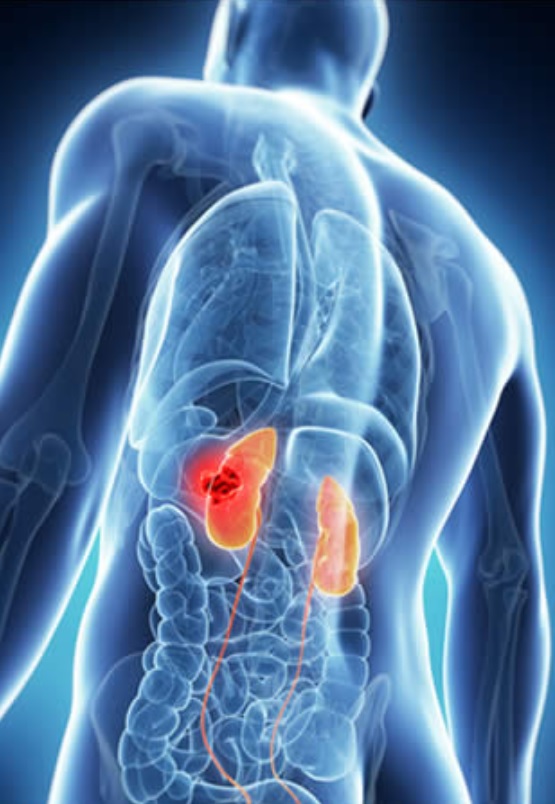KIDNEY CANCER: NUTRITIONAL TIPS
The kidneys are the main organs of regulation and excretion. The main function of the kidneys is to filter blood, expel waste products and excess water.
Single-kidney patients who had a kidney removed because of cancer may suffer from impaired kidney function. As a result, the contralateral kidney has to work twice as hard. In these patients it is recommended to follow an appropriate diet even during the administration of specific cancer medical treatment. Nutritional guidance should be customized and tailored for each patient, based on their kidney functionality which is assessed through specific examinations and evaluated by their doctor. Generally speaking, we can provide some advice on the type of diet to follow, and on which macronutrients (carbohydrates, lipids and proteins) and micronutrients (vitamins and minerals) you should pay attention to in order to avoid further kidney damage.
 You need to check:
You need to check:
- PROTEIN CONTENT
- SODIUM CONTENT
- POTASSIUM CONTENT
- PHOSPHORUS CONTENT
Protein content
should be carefully evaluated according to the patient’s level of kidney failure. The doctor will indicate how many grams of protein the patient will have to eat daily. Proteins are mainly found in meat, fish, dairy products, eggs, legumes, tofu, but also in nuts, cereals, seeds and vegetables. Since proteins are often present in food, it is necessary to calculate their intake correctly—to avoid the risk of an excess consumption.
If the kidney function is impaired, it is recommended to keep sodium intake under control. It is therefore necessary to accurately establish the correct amount of sodium so that the patient does not have an overload or insufficient intake. Sodium (called non-discretionary sodium) is present in all foods, so we have to reduce the so-called discretionary sodium, which is the one added in cooking at the table. A low sodium diet therefore excludes canned food or salt-preserved food and promotes the choice of foods with a low sodium content.
In the presence of kidney failure, potassium content must also be controlled, to avoid an excess increase of the levels of this microelement in the blood. According to the LARN (Nutrient Reference Assumption Levels), the recommended potassium intake level for healthy adults is 3.9 g/per day. Based on the level of kidney failure and potassium levels in the blood, the doctor will suggest the correct amount of potassium to take. Potassium is found in many foods, but mainly in vegetables and fruit. The potassium content in food is significantly reduced when foods are cut into small pieces and cooked in abundant liquid (the latter instead will become rich in potassium). Steaming, microwave and pressure cooking, unlike boiling, will keep the potassium content almost unchanged.
As for the daily intake of phosphorus, LARN recommend a consumption of 700 mg for the healthy adult population. As with potassium, it is necessary to evaluate every single situation in order to determine the correct daily dose for in patients with kidney cancer. The highest concentrations of phosphorus are found in cereal seeds (11 mg/g in wheat germ) and legumes (3 to 6 mg/g). Other sources of phosphorus are eggs, white meat, fish, cereals (about 1-2 mg/g), milk (about 0.9 mg/g) and vegetables (0.4 – 0.7 mg/g).


